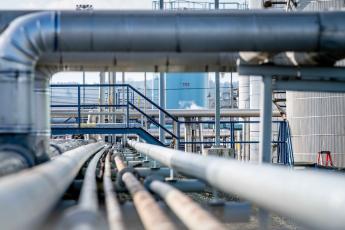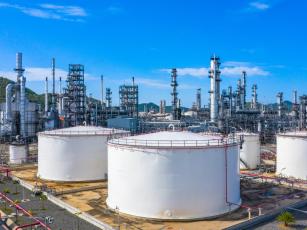
AFPM is committed to the development of sound policies that enable our members to supply the fuel and petrochemicals that growing global populations and economies need to thrive, and to do so in an environmentally sustainable way. Policies addressing climate change must be:
- Balanced and measured to improve quality of life, ensuring the long-term economic, energy, and environmental needs of humanity are met;
- Protective of U.S. competitiveness and prevent the shifting of production, jobs, and emissions from the United States to other countries;
- Harmonized, preemptive, and economy-wide;
- Simple and transparent; and
- Achievable and flexible to adjust as necessary.
AFPM and our members are further committed to:
- Delivering affordable, reliable fuel and petrochemicals products that lift the standards of living for people all over the world;
- Improving the efficiency and sustainability of our operations;
- Offering fuels and petrochemicals that make engines and other products more efficient; and
- Continuing research, innovation, and application of new technologies and products.
AFPM supports the aspiration of the Paris Accord to address climate change through global cooperation and greenhouse gas emissions reductions.
Greenhouse gas (GHG) emissions from the fuel and petrochemical industries are subject to federal and state regulations, including annual emission reporting requirements, the Renewable Fuel Standard and state biofuel mandates, Clean Air Act and National Environmental Policy Act permitting and review, low-carbon fuel standards, and indirectly under the Corporate Average Fuel Economy program.





